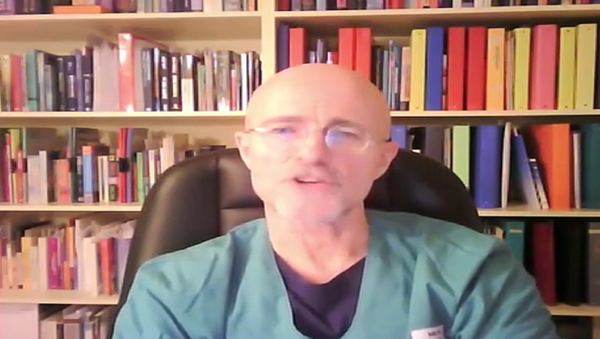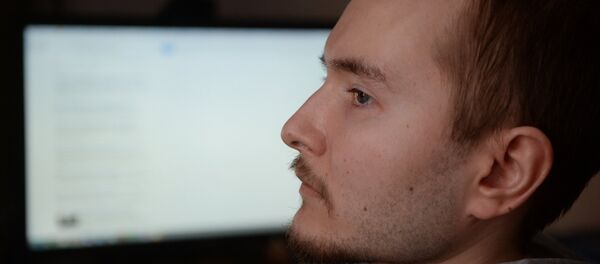"The monkey fully survived the procedure without any neurological injury of any kind," he said.
Fending off criticism expressed by some scientists against head transplants, Dr. Canavero stated: "Today we want to disprove the critics by announcing that professor Xiaoping Ren in China did the first full head transplant in a monkey."
The surgeon told New Scientist magazine that the operation indicated that if the head is cooled to —15C, the animal can survive without neurological damage.
Professor Ren previously tested mice heads and some head transplants on monkeys last year. A colleague from South Korea-based Konkuk University School of Medicine, C-Yoon Kim, also experimenting with mice, claimed that mice could recover motor function, suggesting "it is possible to reconnect the [spinal] cord after complete severing."
"It's important that people stop thinking this is impossible," he added. "This is absolutely possible and we're working towards it."
The purported scientific breakthrough has its detractors. Neurologist at Harvard Medical School's Centre for Bioethics Thomas Cochrane told New Scientist that the monkey head transplant is "science through public relations." Cochrane accused Canavero and other researchers of publishing prematurely, suggesting that the operation is "frowned upon for good reason."
"It distracts people from actual work that everyone can agree has a valid foundation," Cochrane said. "As far as I can tell, that operation has mostly been about publicity rather than the production of good science."
Maverick surgeon claims to have transplanted monkey head in China https://t.co/KfRHSdH2Lq pic.twitter.com/kaUj3CvEZG
— C. Michael Gibson MD (@CMichaelGibson) January 20, 2016
Michael Sarr, Mayo Clinic surgeon and editor of the journal Surgery, in which three of seven articles about the transplant are to be published, echoed Cochrane, stating that reports of this nature require several edits before being released so as to avoid hasty generalization and unsubstantiated statements.
"Unfortunately, I think Canavero has been a little premature with sending this out," Sarr told Motherboard magazine. "This head transplantation-even the term is sensationalism. I worry tremendously about that."


